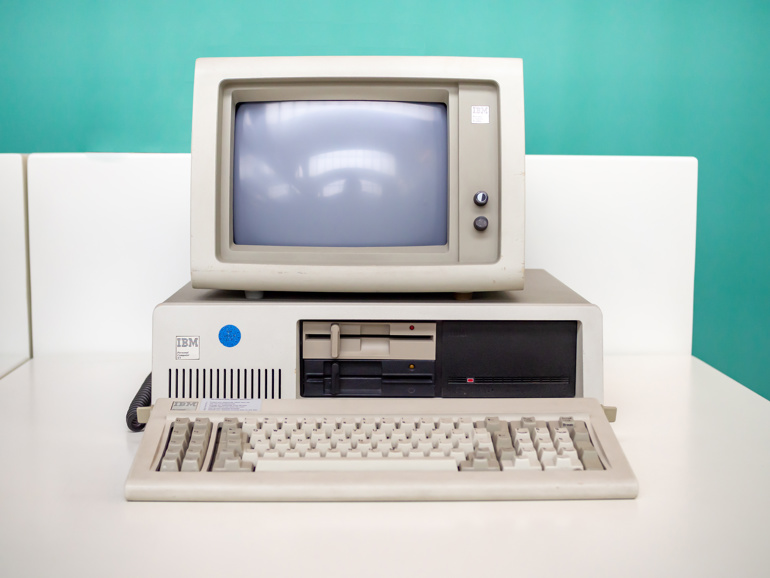At Learning People, we’re keen to celebrate those who've paved the way in the tech industry and how they’ve shaped history and influenced our understanding of technology. Due to the history of Western society, black role models have often been overlooked, ignored, and hidden in history books. We’re going to explore the life and work of Dr Mark Dean, a key figure who has significantly impacted the tech industry.
Dean was born on 2nd March 1957 in Jefferson City, Tennessee, to Barbara and James Dean, an engineer. His father exposed him to the world of engineering from a young age, and by middle school, he had decided he wanted to be a computer engineer. Dean was a studious boy, a talented mathematician, and an exceptional athlete. While still in high school, he built his own personal computer. He pursued this passion through further education, graduating with a bachelor’s degree in electrical engineering from the University of Tennessee, a master’s degree from Florida Atlantic University, and a PhD from Stanford.
A key figure in the development of the IBM Personal Computer (IBM PC), Dean played an instrumental role in designing the machine that revolutionised the computing industry. His work on the IBM PC, introduced in 1981, helped establish a new standard in personal computing, making computers more accessible to the general public. This democratisation of technology led to widespread adoption and laid the foundation for the modern computing era.
One of Dean's most notable contributions was the development of the Industry Standard Architecture (ISA) bus. The ISA bus was a critical component that enhanced the versatility and accessibility of personal computers by allowing various hardware components, such as disk drives and printers, to communicate with the CPU. This standardisation made it easier for users to expand and customise their PCs, boosting the PC's popularity and utility.
In addition to the ISA bus, Dean co-invented the first colour PC monitor, a patent that marked a significant leap forward in computer display technology. This innovation improved the user experience by providing richer, more vivid visuals, which were crucial for a wide range of applications, from business graphics to gaming. The colour monitor transformed the way users interacted with computers, making them more engaging and visually appealing.
In 1995, Dean became the first black IBM Fellow, the highest technical honour in the company, signifying exceptional achievement and leadership in the tech industry. Historically, the industry has received criticism for its apparent lack of diversity, which has understandably been a deterrent for minorities considering careers in tech. Dean’s achievements have demonstrated that talent and innovation transcend racial and cultural boundaries, reinforcing the enduring importance of diversity in the workplace and helping to dismantle systemic biases in STEM.
As a leader at IBM, he managed several key projects, including the development of the first gigahertz microprocessor, which broke new ground in processing speed and efficiency. This achievement highlighted his commitment to pushing the boundaries of technology and set a new benchmark in the industry. Beyond his corporate accomplishments, Dean has been an influential educator, holding academic positions such as the John Fisher Distinguished Professor at the University of Tennessee.
Continuing his legacy, Dr Dean is a steadfast advocate for diversity in technology and education. He actively promotes the inclusion of underrepresented groups in STEM, emphasising the critical need for diverse perspectives in innovation. His influence extends beyond his technical achievements, serving as a mentor and role model for future generations.
To honour Dr Dean’s legacy, it’s crucial to learn more about black technologists and support diversity in tech. By championing inclusive practices and recognising the value of diverse talent, we can encourage a more innovative and equitable technological future.
If you're interested in breaking into the tech industry and making an impact, join our diverse community of students. Get in touch today.
